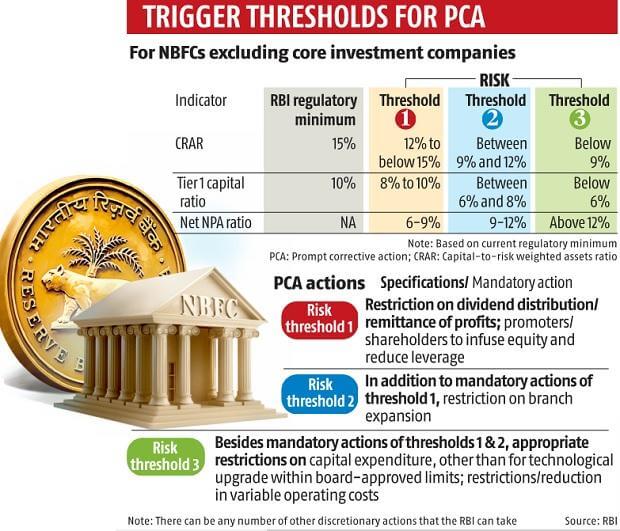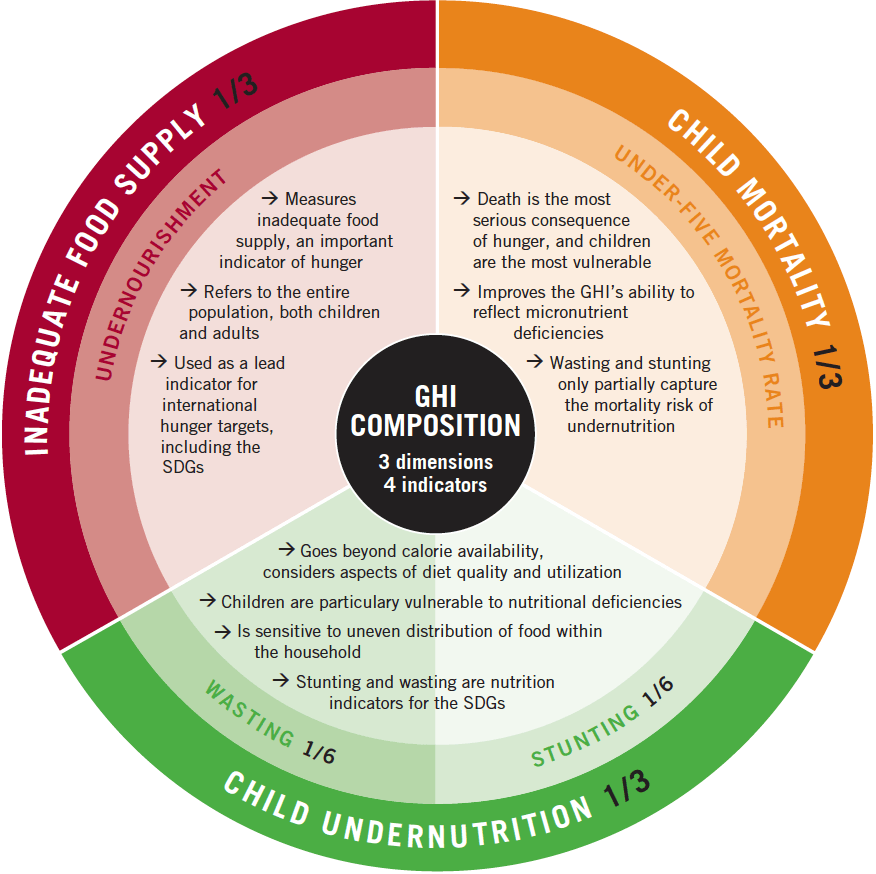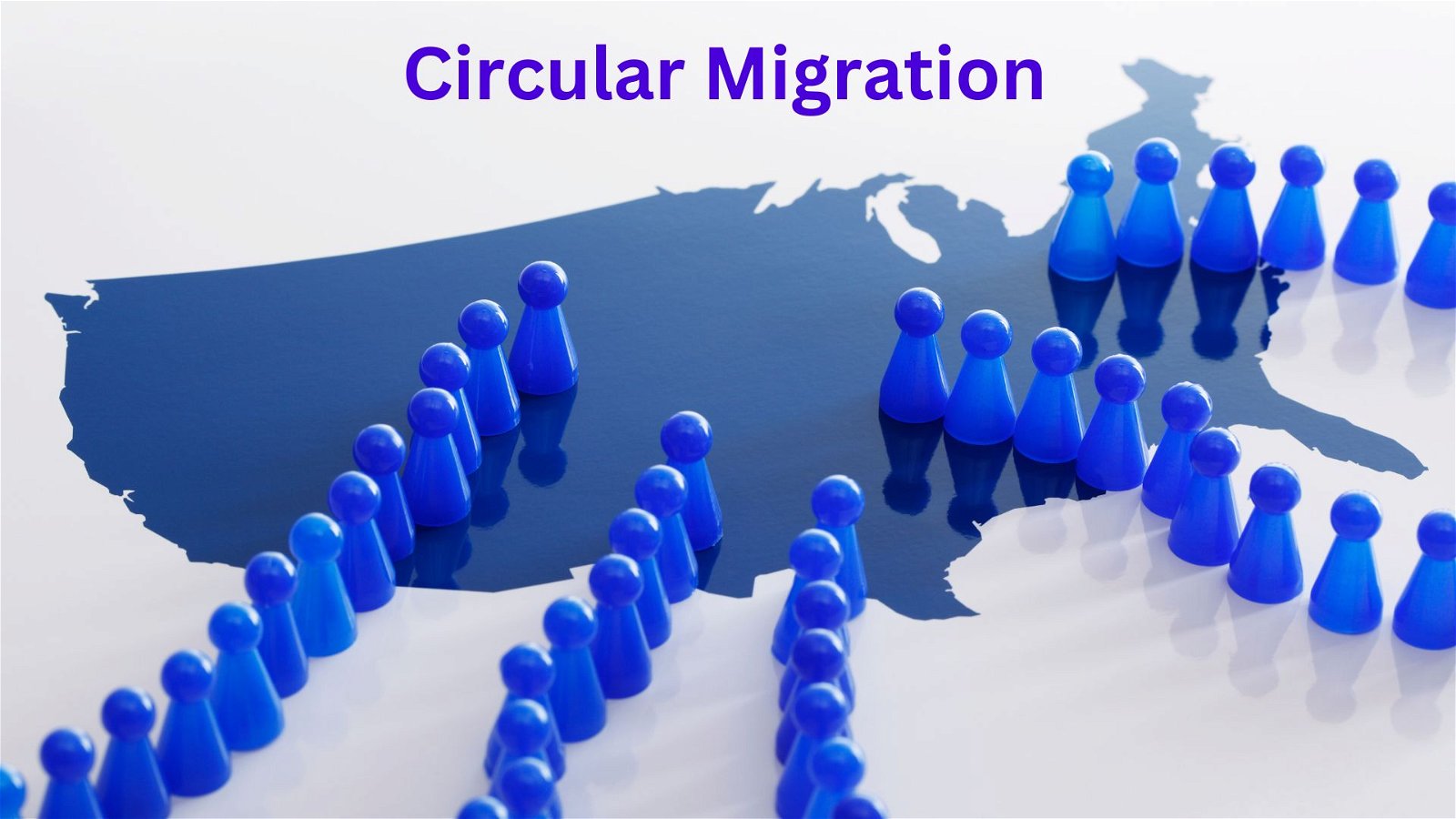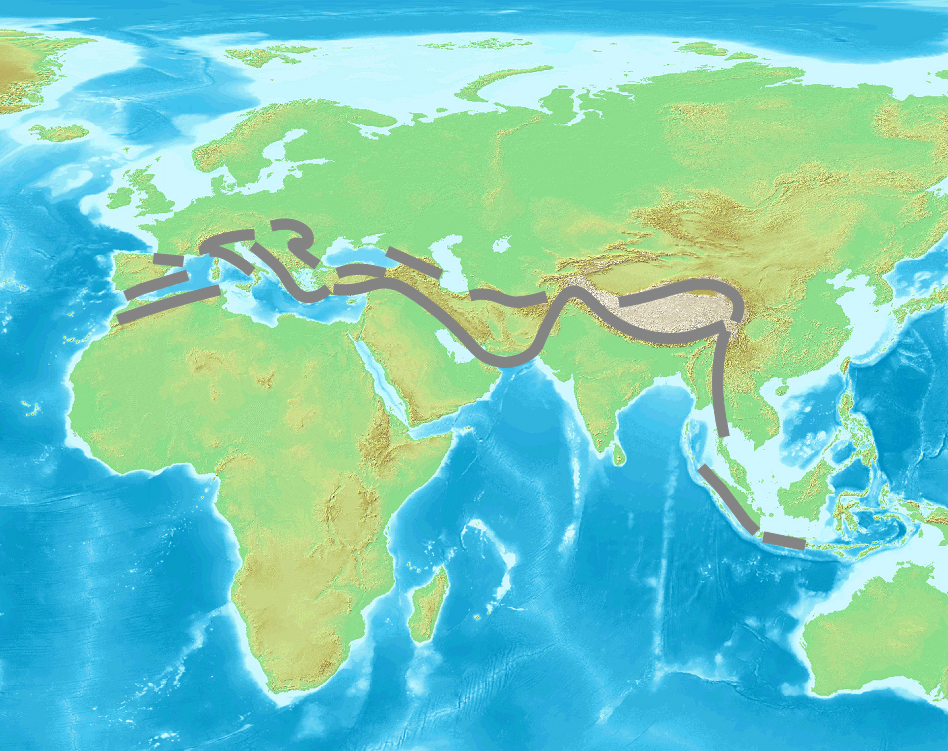
Digital India Bill 2023: Successor to the IT Act, 2000
Subscribe to Never Miss an Important Update! Assured Discounts on New Products!
Must Join PMF IAS Telegram Channel & PMF IAS History Telegram Channel
Digital India Bill 2023: Successor to the IT Act, 2000
- Context (TH I IE): The Digital India Bill 2023 by the Ministry of Electronics & Information Technology (MEITY) is a stride towards a future-ready legal framework for India’s digital ecosystem.
Need for Digital India Bill
Growing Internet User Base and Challenges
- India’s internet user base is expected to grow from 850 million to 1.2 billion by 2025. This growth brings challenges like cyber trolling, hate speech, and misinformation.
Enhancing Digital Legislation through Consolidation
- DIB aims to collaborate with other significant legislations and policies, such as the Digital Personal Data Protection Act and Indian Penal Code for cybercrime, to bolster the digital domain.
Tweaks to Section 69 (a) of the IT Act
- The Centre is considering modifications to Section 69 (a) of the IT Act, which allows the government to issue content-blocking orders for national security and public order to refine this provision in response to the evolving digital landscape.
Objectives of the Digital India Bill
- Adapting to a rapidly evolving digital landscape and Global Technology.
- Circuit Breakers to handle issues of rapid virality and mitigate the spread of harmful content.
- Cybersecurity Landscape and Data Protection.
- In-house Grievance Mechanisms For Data intermediaries
Key provisions under the Digital India Bill (DIB)
Classification of intermediaries based on Risk Assessment
- The Digital India Bill introduces a classification system for intermediaries, categorising them into various groups based on risk and size.
- By implementing this classification, the Bill allows for customised regulations tailored to each intermediary category based on their impact in Digital space.
|
Types of Intermediaries |
|
|
IT Act 2000 |
Digital India Bill 2023 |
|
|
Establishing a dedicated Internet regulatory authority
- The Bill introduces establishing a dedicated internet regulator akin to existing regulatory bodies, such as the Telecom Regulatory Authority of India (TRAI) or SEBI.
- The regulator’s primary focus will be addressing and regulating various aspects of the online space, promoting fair practices, safeguarding user interests, etc.
Designating punishable offences
- Under the Digital India Bill, the MEITY is empowered to designate certain activities as punishable offences, including deliberate dissemination of misinformation, identity theft, cyberbullying targeting children, and other similar activities, promoting a more responsible digital environment.
Modifications to existing Internet platform rules
- As per DIB, certain fundamental rules that currently apply to internet platforms, such as safe harbour norms, may undergo revisions or modifications.
Ensuring accountability of intermediaries
- The Digital India Bill will legally empower the government to ensure platforms are held accountable for hosting prohibited content.
- This includes pornography, content that undermines India’s unity and integrity, computer malware, banned online games, and other illegal material.
KYC Requirements for Wearable Devices
- Under the DIB, stringent Know Your Customer (KYC) requirements have been mandated for wearable devices, reinforced by criminal law sanctions, ensuring the security and privacy of user data.
Controversial aspects and stakeholder perspectives
Safe harbour
- Safe Harbour, under Section 79 of the IT Act, 2000, offers legal protection to online intermediaries for user-generated content on their platforms.
- This provision has significantly contributed to the success of platforms like Facebook, Twitter, Instagram, YouTube, and WhatsApp in India.
Debate on safe harbour
- Stakeholders propose preserving a safe harbour for traditional intermediaries (they abstain from content moderation for upholding freedom of speech (to cut costs!)).
- Others advocate for modification in safe harbour provision, considering the dynamic nature of online platforms and the diversity of internet users.
Transparency in data processing
- The Bill may require companies to provide clear information to consumers regarding processing their personal data, enhancing transparency and more control over their personal information.
- Stakeholders have expressed concerns about potential business compliance burdens.
No-go areas for AI and machine learning
- The legislation might define specific “no-go areas” for companies and internet intermediaries utilising AI and machine learning in consumer-facing applications to prevent potential harm to users.
- Stakeholders emphase the importance of responsible AI use and others highlighting the need for clarity and proportionality in defining these boundaries.
Impact on Innovation
- Provisions may be included in the Bill to address the influence of major tech companies, such as Google, Apple, and Meta, to prevent potential misuse of their market dominance.
- Some support measures to promote competition and protect smaller players, while others emphasise the need for balanced regulations that encourage innovation.
Misinformation
- The Bill recognises the issue of misinformation and proposes measures to combat its spread, safeguarding the public from false or harmful content.
- However, finding the right balance between curbing misinformation and preserving freedom of speech has become a critical point of contention.





![PMF IAS Environment for UPSC 2022-23 [paperback] PMF IAS [Nov 30, 2021]…](https://pmfias.b-cdn.net/wp-content/uploads/2024/04/pmfiasenvironmentforupsc2022-23paperbackpmfiasnov302021.jpg)











